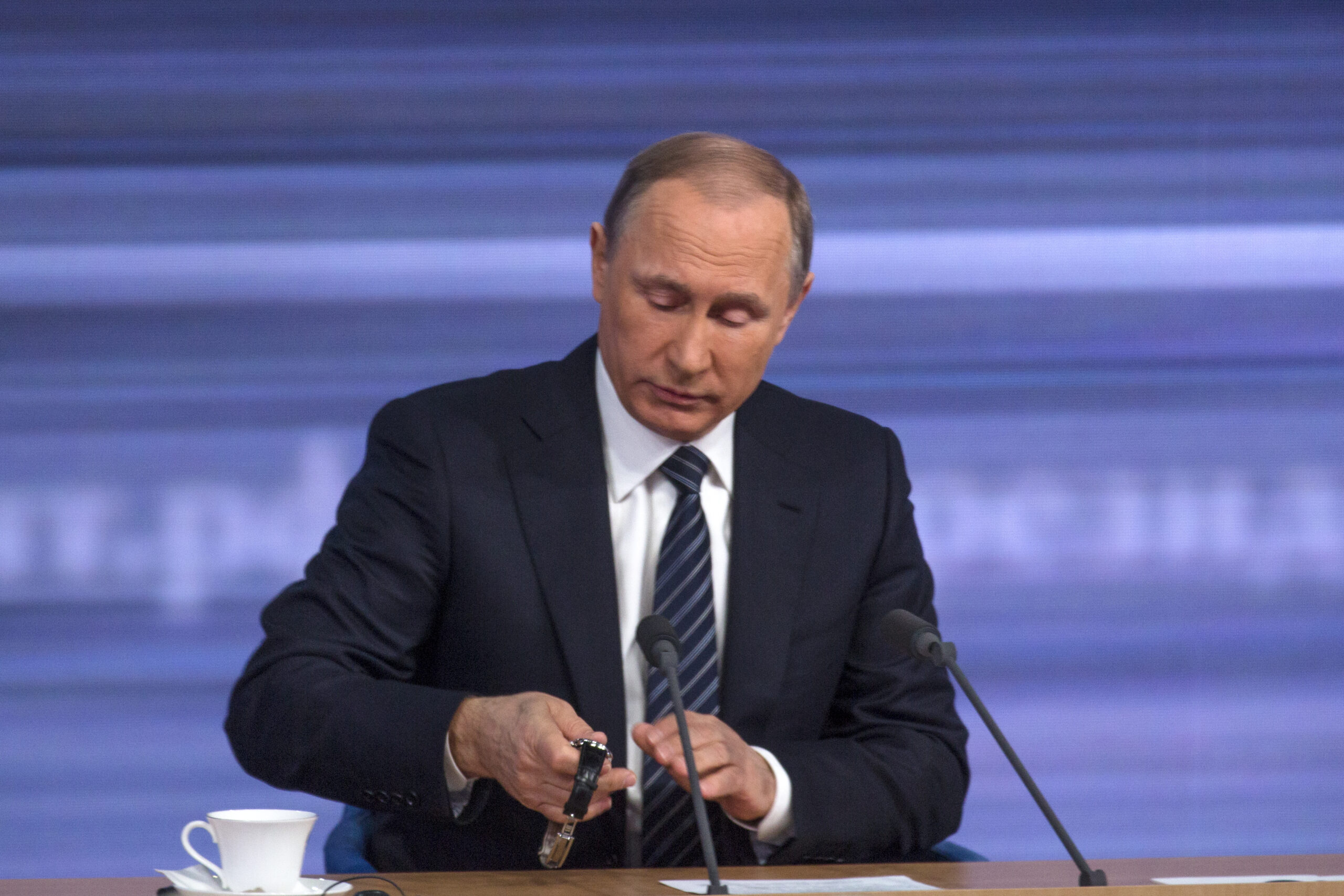The U.S. State Department has responded with a mix of humor and firmness to reports suggesting Russian President Vladimir Putin may be eyeing Alaska, part of Russia’s former territories, as a target for reclamation.
State Department principal deputy spokesperson Vedant Patel, in his daily briefing, made it clear that Alaska, sold to the U.S. in the 19th century, is not up for negotiation.
Putin’s Decree and Speculations About Alaska
Russian state news agency TASS reported that Putin signed a decree to investigate properties once owned by Russia, including the possibility of Alaska.

However, the U.S. brushed off these reports, with Patel jokingly stating, “Well, I speak for all of us in the U.S. government to say that certainly he is not getting it back.”
Read More: Trump’s Legal Team Contests Special Counsel’s Evidence Secrecy in Mar-a-Lago Case
Reaction to the Decree
The decree, while not explicitly mentioning Alaska, has stirred speculations, partly fueled by a Russian nationalist blogger who suggested starting with Alaska and other former territories.
Dmitry Medvedev, former Russian President, later mocked Patel’s comments on Alaska, indicating a light-hearted exchange on a historically significant matter.
Putin’s Past Comments on Alaska

In a 2014 session, Putin referred to the 1867 sale of Alaska as “inexpensive” and compared it to the Louisiana Purchase, highlighting Russia’s northern geography and dismissing any urgency in reclaiming the territory.
Also Read: Supreme Court Declines to Interfere in Michigan Redistricting Case
Historical Context of the Alaska Purchase
The U.S. State Department’s Office of the Historian explains that Russia offered to sell Alaska to the U.S. in 1859, eventually leading to the purchase in 1867 for $7.2 million.
The sale was seen as a strategic move to counter Great Britain’s influence in the Pacific and marked the end of Russia’s expansionist efforts in North America, securing U.S. presence in the Pacific northern rim.
This exchange between Russia and the U.S. highlights the ongoing geopolitical dynamics and the historical significance of territories like Alaska.
While the conversation has taken a somewhat humorous tone, it underscores the enduring impact of historical events on current international relations.
Read Next: New Hampshire Scrambles to Address Election Tampering: A Deepfake Dilemma
